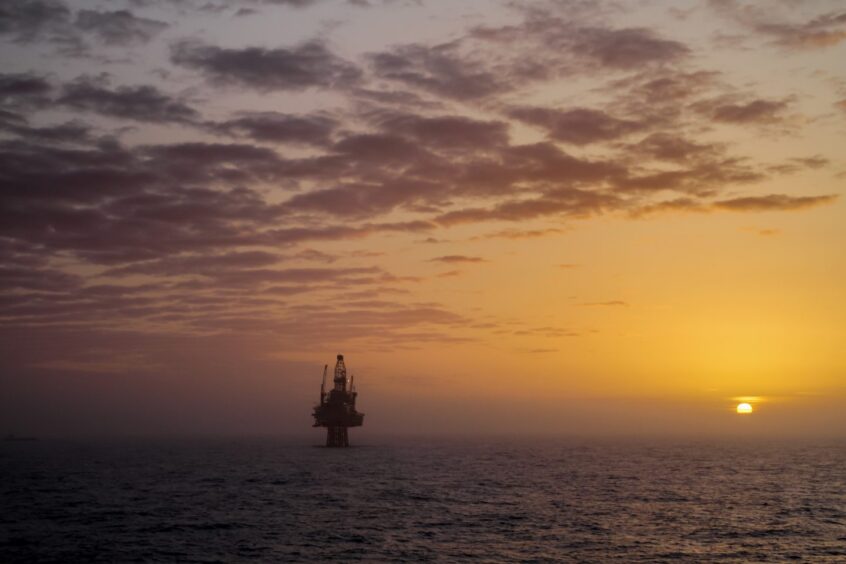
New analysis by Wood Mackenzie has forecast the financial impact of Labour’s windfall tax proposals, warning that key CCS and wind projects could grind to a halt.
In a briefing published this week the Edinburgh-based consultancy warns that carbon capture and storage (CCS) projects and some key offshore wind projects which are part-funded by oil and gas revenues “are at risk of being delayed or shelved altogether” if cashflow dries up.
Earlier this month Labour unveiled manifesto proposals which include hiking the industry’s headline tax rate from 75% to 78% and ending what it describes as “loopholes” in the Energy Profits Levy (EPL) that allow firms to recoup taxes through investment.
It would also extend the policy’s sunset from March 2028 until the end of the next parliament.
Trade body Offshore Energies UK claimed the decision would “wipe out” the oil and gas sector, with the loss of up to 42,000 jobs alongside £26 billion of GVA if investment in the basin were to cease.
Much of the finer details of Labour’s policy remain unclear, but the sector is most worried about the loss of capital allowances.
“The current EPL is a seriously flawed tax, but it does encourage short-term investment,” Wood Mackenzie’s report notes.
“Labour’s proposal does not correct these flaws and targets the companies’ revenue instead of net cash flow. If enacted, this will inevitably result in many producers freezing investment plans until – at least – the EPL sunset.”
Under a current price outlook of $80/barrel the authors estimate that £7.8 billion of North Sea firms remaining value (NPV10), would be transferred to the exchequer if the EPL investment allowance is removed.
This nearly doubles to £13.4 billion if capital allowances are removed as well.
Removing any deduction for capital investment turns the EPL into “a 38% quasi-royalty”, it says, which will be levied on a company’s net revenue, not profits. This rate could also be levied on all revenue, not just the incremental revenue associated with windfall prices.
No way to Norway
If investment were to collapse, the lack of new pre-FID fields would see UK oil and gas production drop from an estimated 1.2 million boepd today to 630,000 boepd by 2030 – a reduction of 52%.
And while Labour has suggested the new 78% tax rate would bring the UK in line with neighbouring Norway, Wood Mackenzie also warned against direct comparisons. In addition to its consistency, Norway’s tax system allows all capital costs to be deducted; if this creates a loss in any year, the government will refund the companies for 71.8% of the loss.
It found no mention of a similar reimbursement in Labour’s manifesto.
The policy is instead more likely to accelerate early cessation of production and decommissioning. This would reduce tax receipts from foregone production and bring forward tax relief for the decommissioning costs, in what the briefing describes as a “double blow” for the exchequer.
Moreover, poorly thought out policy could also risk a “distrust” in government stewardship of the North Sea, further reducing appetite for investments, the authors suggest.
Keir Starmer attempted to calm sector fears last weekend, telling attendees at the Scottish Labour conference in Glasgow that work in the North Sea would continue “for decades”.
OEUK meanwhile held a series of “crisis talks” in London and Aberdeen this week as it gathers representations to take to party leadership.
“Labour’s EPL proposals could satisfy a short-term need for some extra tax from an unpopular sector,” Wood Mackenzie’s briefing notes. “But if the industry responds as it suggests it will, there may be no long-term.”
Recommended for you
